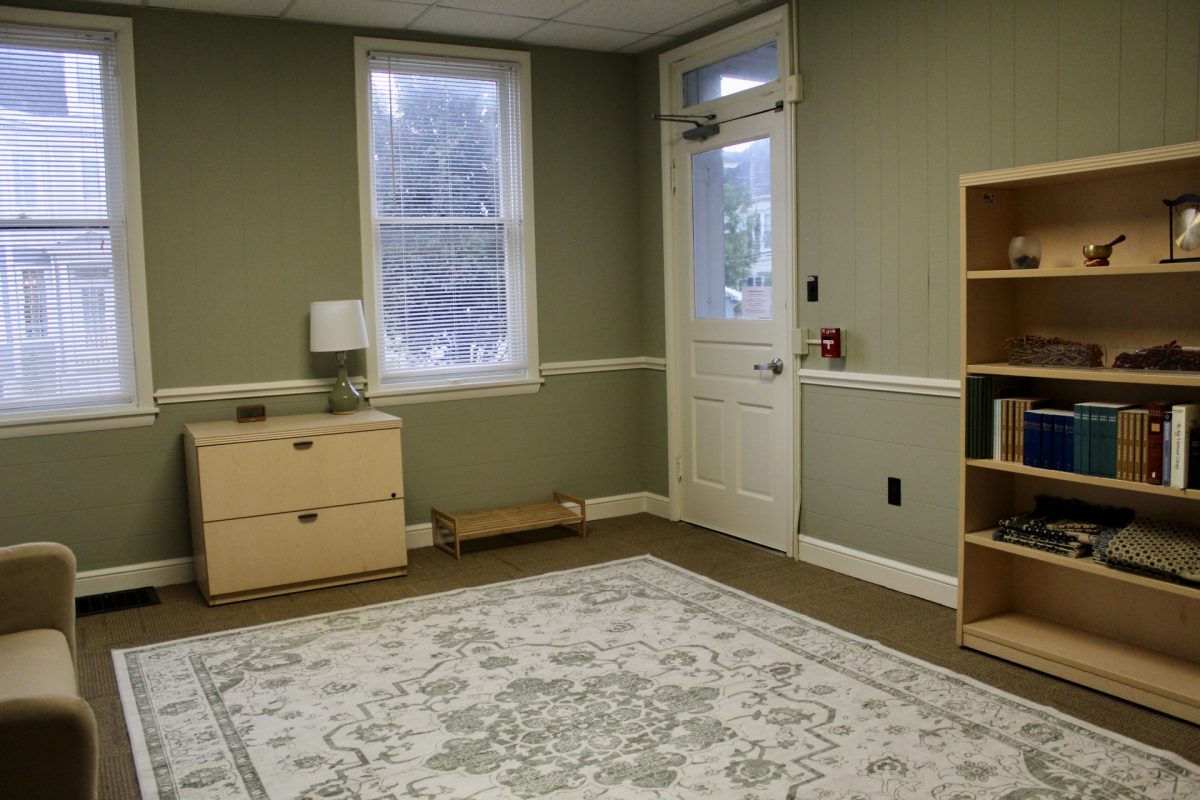Dickinson’s bias incident response policy may chill free and open speech on campus, according to the Foundation for Individual Rights in Education (FIRE), a national organization that advocates for free speech at colleges and universities.
College administrators disagreed with FIRE’s assessment. President John E. Jones III said, “I would challenge anybody to come up with any evidence that we have misused the speech code.”
FIRE’s 2024 Spotlight on Speech Codes report gave Dickinson a “red light” rating, the lowest ranking in its three-tiered system, received by 20%of the 489 institutions ranked in the report.
Dickinson earned its low rating – in which some policy “clearly and substantially” restricts speech – based on analysis of a single policy, according to Mary Griffin, a FIRE analyst.
The policy, which defines the scope of Dickinson’s Bias Education and Response Team (BERT), is “particularly problematic,” she said. “It defines bias really broadly.” “The worst part about this policy,” said Griffin, “is that it actually reserves the ability for the school to mandate conflict resolution sessions for students even if there was no policy violation found.”
Vice President of Student Life George Stroud told The Dickinsonian, “We reviewed that policy years ago to make sure best as possible that we weren’t chilling speech.”
Jones also said, “I would challenge them to come up with evidence that the speech code has been used as some kind of a blunt object or that this college has limited speech in any sort of way.”
“FIRE in my view,” he said, “they have a role to play and they examine people’s speech codes. I think they are probably overly clinical.”
“We’re not looking at enforcement of policies…we’re just looking at the written policies,” said Griffin, “If you’re not going to enforce this policy, then why is it on the books? Why do you even have it?”
Griffin noted that that without the BERT policy – or with a revised version – the school would likely have a yellow rating based on “some yellow light harassment policies.” “I would encourage them to make sure that their policies are in line with first-amendment freedoms,” she said.
Griffin thinks that now is an important moment for colleges to cement their commitment to free speech. “There’s a lot of upheaval, debate happening on college campuses at this time,” she said. “So it’s the perfect time for colleges to re-write their policies.”
Jones was not entirely opposed to re-evaluating written policy. “I think there is a fluidity to the speech code. But I’m not going to call for a wholesale revision,” he said.
Of the FIRE analysis, he said, “I respect their work, but it’s for us to figure out.”



